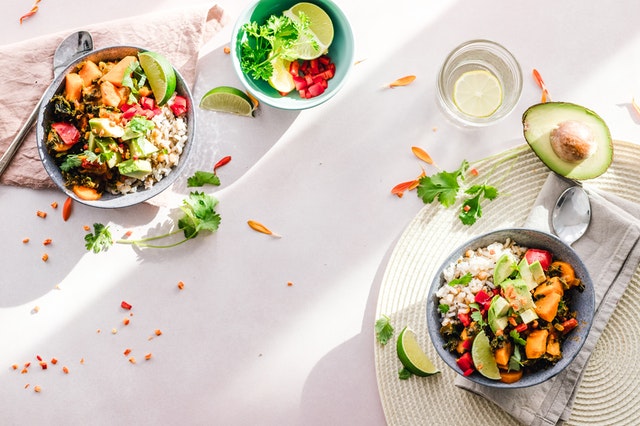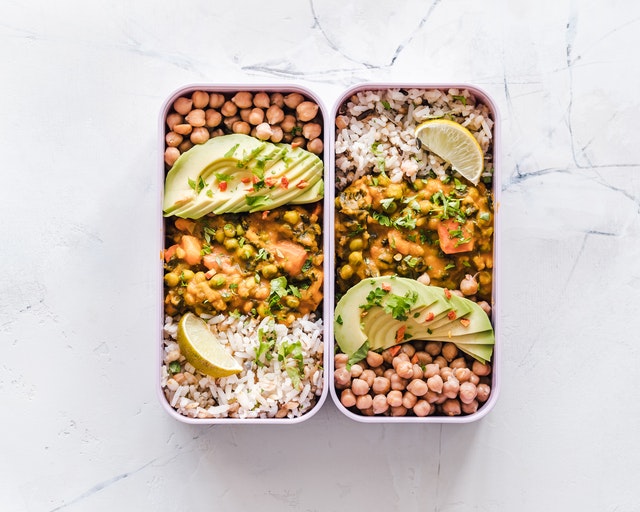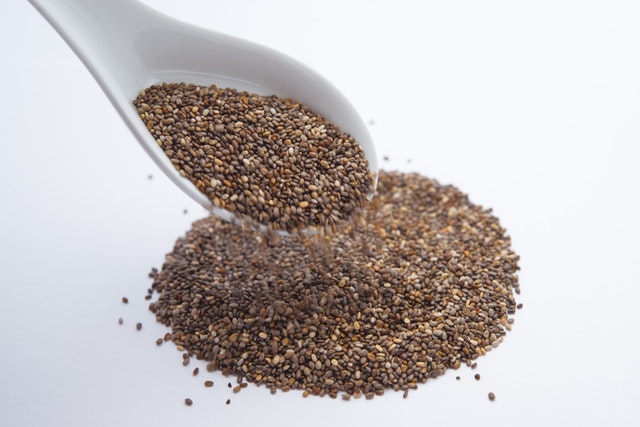
Tips on How to Get Enough Protein as a VeganTips on How to Get Enough Protein as a Vegan
Eating healthy can be a challenge. For those who choose a vegan lifestyle, this challenge can be even greater, as some foods containing protein (e.g., fish and poultry) are not an alternative. This nutritional program and diet also take parts of the food into account. Here is a complete guide for vegans on how to add protein on their diet.
Beans
When it comes to dietary legumes to find a favorite and perhaps not beat the record for beans in nature’s assortment, it is easy to accept. This is beneficial for those who need to eat and consume protein. Types of legumes include black, kidney, chickpea, lime, fava, and more. This means that vegetarian men and women often find that they like to add some variety of beans to recipes or meals.
Seeds
The world is full of seeds. They help ensure that plants are produced differently from those found in human flora and the wild. This is because the supply of seeds guarantees a good amount that is included in your diet and is available. Vegetarians can choose between hemp, flax, sesame, and grains, to name a few. This doesn’t mean they don’t have other options for providing protein. These seeds can be useful for a day’s diet and protein intake.
Soya
Soy, soy milk, tofu, and soybeans are available for those who want to protect themselves from legumes and dairy and follow a vegan diet. This could boost the food and lifestyle plans they have to offer and consume and do not interfere with their lifestyle.
Cereals
Quinoa, muesli, oatmeal, and wholemeal bread guarantee protein intake. This helps to keep your system healthy and maintain energy levels. Eating whole grains helps people who are hoping to lose weight because they feel fuller for longer periods and reduce snacks.
A protein superfood might be one way to provide that. The stuff could also be available in powder form as a smoothie to transfer and consume the flavors you prefer in many different flavors and as a blend.


